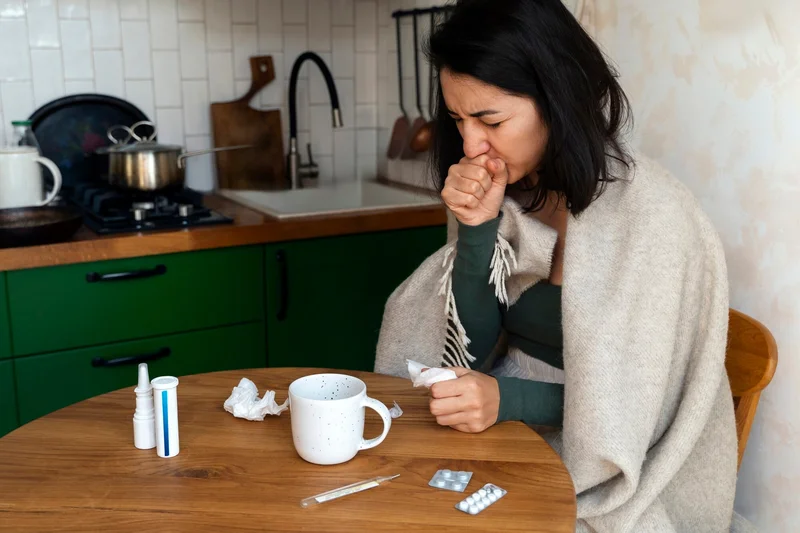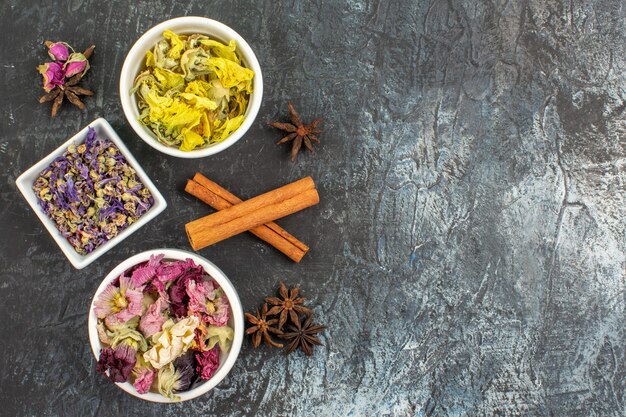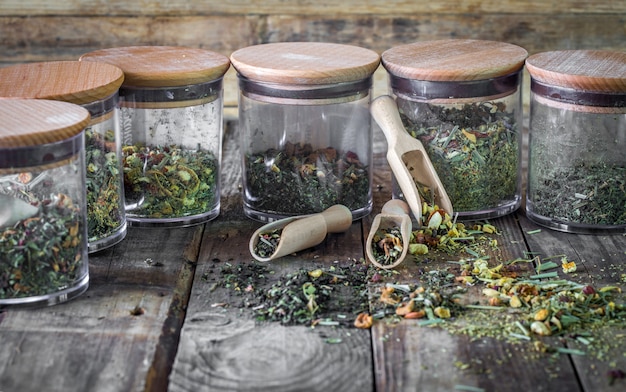आयुर्वेदिक डॉक्टर से प्रश्न पूछें और निःशुल्क या भुगतान मोड में अपनी चिंता की समस्या पर ऑनलाइन परामर्श प्राप्त करें। 2,000 से अधिक अनुभवी डॉक्टर हमारी साइट पर काम करते हैं और आपके प्रश्नों का इंतजार करते हैं और उपयोगकर्ताओं को उनकी स्वास्थ्य समस्याओं को हल करने में प्रतिदिन मदद करते हैं।
Pratishyaya Chikitsa – Ayurvedic Treatment for Common Cold and Respiratory Disorders

Introduction to Pratishyaya Chikitsa
Pratishyaya Chikitsa refers to the Ayurvedic treatment of the common cold and other respiratory disorders. In Ayurveda, Pratishyaya is considered a condition caused by an imbalance in the Kapha dosha, leading to symptoms such as congestion, cough, and inflammation in the respiratory system. Ayurveda offers a holistic approach to managing Pratishyaya by addressing the root cause of the illness, restoring dosha balance, and promoting the body’s natural healing process. Ayurvedic remedies and therapies help alleviate the symptoms, boost immunity, and support overall respiratory health.
Historical Roots & Ayurvedic Significance
Pratishyaya, or the common cold, has been a part of Ayurvedic medicine for centuries. Ancient Ayurvedic texts describe it as an illness related to Kapha dosha, which is responsible for the body’s moisture and lubrication. An excess of Kapha leads to mucus formation, nasal congestion, and a feeling of heaviness in the chest. Ayurveda emphasizes the importance of maintaining balance between the doshas to prevent and treat such respiratory issues. Pratishyaya Chikitsa involves herbal remedies, dietary modifications, and lifestyle changes to treat the underlying imbalances and provide relief from symptoms.
Key Components & Therapeutic Benefits
1. Herbal Remedies for Pratishyaya
Ayurveda uses a variety of herbs to treat the common cold and respiratory disorders. These herbs possess anti-inflammatory, expectorant, and immune-boosting properties:
- Tulsi (Ocimum sanctum): Known for its anti-inflammatory, antiviral, and antimicrobial properties, Tulsi helps in clearing respiratory congestion and boosting immunity.
- Pippali (Piper longum): An expectorant herb that helps in clearing mucus from the lungs and improving respiratory function.
- Ginger (Zingiber officinale): Reduces inflammation, alleviates sore throat, and boosts the immune system.
- Honey: Acts as a natural soothing agent, reducing throat irritation and providing relief from cough.
- Vasaka (Adhatoda vasica): Known for its ability to treat respiratory conditions like asthma and bronchitis by acting as an expectorant and soothing the respiratory tract.
2. Ayurvedic Therapies for Pratishyaya
In addition to herbal remedies, Ayurvedic therapies play a significant role in managing Pratishyaya:
- Nasya (Nasal Administration of Oils): Nasya therapy involves the administration of medicated oils through the nostrils to clear nasal passages and improve breathing.
- Steam Inhalation: Herbal steam inhalation using herbs like Eucalyptus or Peppermint can help relieve nasal congestion, open airways, and soothe inflammation in the respiratory tract.
- Abhyanga (Oil Massage): Regular oil massage using medicated oils such as Mahanarayan Oil helps in relieving body aches and improving circulation during a cold.
3. Dietary Guidelines for Pratishyaya
Diet plays a crucial role in the treatment of Pratishyaya. Ayurveda recommends foods that support digestion and help balance the Kapha dosha:
- Warm Soups & Stews: These help soothe the throat, reduce congestion, and provide nourishment.
- Spices: Incorporate spices like black pepper, turmeric, and cumin to aid digestion, enhance metabolism, and promote immunity.
- Hydration: Drink warm liquids such as herbal teas and warm water with honey to keep the body hydrated and help in mucus thinning.
4. Lifestyle Modifications for Faster Recovery
Making certain lifestyle adjustments can support the healing process and prevent the recurrence of Pratishyaya:
- Rest: Adequate rest is essential to allow the body to heal and restore energy.
- Avoid Cold & Damp Environments: Cold and damp weather can aggravate the symptoms of Pratishyaya and hinder the healing process.
- Regular Exercise: Engage in light physical activities to improve circulation and boost immunity.
How Pratishyaya Chikitsa Works: The Science Behind the Treatment
The treatment for Pratishyaya focuses on balancing the Kapha dosha and addressing the mucus buildup in the respiratory system. Ayurvedic herbs and therapies help reduce inflammation, promote better airflow, and expel accumulated mucus. These treatments work by improving digestion and metabolism, ensuring that the body’s natural defense mechanisms are functioning optimally. The holistic approach of Ayurveda not only alleviates the symptoms but also strengthens the immune system to prevent future respiratory issues.
Choosing the Right Ayurvedic Treatments & Guidance
When considering Ayurvedic treatments for Pratishyaya, it’s essential to:
- Consult Certified Ayurvedic Practitioners: Personalized advice ensures that the treatment plan is suited to your unique health conditions and constitution.
- Ensure Quality Herbs: Opt for organic, high-quality herbs to maximize the effectiveness of the treatment.
- Source from Reputable Vendors: Purchase Ayurvedic products from trusted pharmacies or certified practitioners to guarantee authenticity and safety.
Recommended Dosage & How to Use Ayurvedic Remedies
The dosage of Ayurvedic remedies varies depending on individual health conditions and constitution. Common recommendations for treating Pratishyaya include:
- Tulsi Leaves: 5-10 fresh leaves boiled in water can be consumed twice a day.
- Pippali: 1/4 to 1/2 teaspoon of Pippali powder mixed with honey can be taken once a day.
- Ginger Tea: Fresh ginger slices boiled in water with a pinch of turmeric and black pepper can be consumed 2-3 times daily.
- Honey & Lemon: A mixture of honey and lemon in warm water can be taken as a soothing remedy for a sore throat.
Always follow the dosage as prescribed by a certified Ayurvedic practitioner to ensure safety and effectiveness.
Potential Side Effects & Precautions
While Ayurvedic treatments for Pratishyaya are generally safe, there are a few precautions to consider:
- Allergic Reactions: Always test herbal remedies for any allergic reactions before use.
- Pregnancy & Nursing: Pregnant or nursing women should consult an Ayurvedic practitioner before using any remedies.
- Overuse of Spices: Excessive use of hot spices like pepper or ginger may irritate the stomach. It’s important to follow balanced dietary guidelines.
- Digestive Upset: Some individuals may experience digestive upset with new herbal treatments. Start with small doses and gradually increase.
Frequently Asked Questions For Pratishyaya Chikitsa
How can Ayurveda help in treating the common cold and respiratory disorders?
Ayurveda treats respiratory disorders by balancing the Kapha dosha, which is responsible for mucus production and congestion. Herbal remedies, steam inhalation, Nasya therapy, and dietary modifications help to clear the airways, reduce inflammation, and boost the immune system, providing relief from common cold symptoms.
What herbs are most effective in treating Pratishyaya?
Some of the most effective herbs for Pratishyaya include Tulsi, Pippali, Ginger, Vasaka, and Honey. These herbs help reduce inflammation, clear mucus, and boost immunity, promoting faster recovery from cold and respiratory issues.
How should Ayurvedic remedies for Pratishyaya be used?
Ayurvedic remedies for Pratishyaya can be consumed as teas, powders, or oils. For instance, Tulsi tea can be drunk twice daily, while Pippali powder can be mixed with honey. It’s essential to follow the prescribed dosage and consult an Ayurvedic practitioner for personalized guidance.
Can Ayurvedic therapies like Nasya and steam inhalation help with Pratishyaya?
Yes, Nasya and steam inhalation are highly effective Ayurvedic therapies for treating Pratishyaya. Nasya therapy helps clear the nasal passages, while steam inhalation using herbal ingredients like Eucalyptus can relieve congestion and open the airways.
Are there any dietary recommendations for managing Pratishyaya?
Ayurveda recommends consuming warm soups, stews, and anti-inflammatory spices like turmeric and black pepper to reduce mucus and improve digestion. Drinking warm liquids such as herbal teas and warm water with honey helps in maintaining hydration and thinning mucus.
How long does it take to recover from Pratishyaya using Ayurvedic treatments?
Recovery time can vary based on the severity of the condition, consistency of treatment, and the individual’s overall health. With regular use of Ayurvedic remedies and therapies, many people experience relief from symptoms within a few days to a week.
Can Ayurvedic treatments be used alongside conventional treatments for the common cold?
Yes, Ayurvedic treatments can complement conventional treatments for the common cold. However, it’s important to consult with your healthcare provider before using any Ayurvedic remedies alongside medications to ensure compatibility.
Conclusion & Expert Insights
Pratishyaya Chikitsa offers a natural, holistic approach to treating the common cold and respiratory disorders. By balancing the Kapha dosha and using herbal remedies, therapies, and dietary adjustments, Ayurveda provides effective relief from cold symptoms while strengthening the immune system for long-term health. Consulting a qualified Ayurvedic practitioner ensures personalized treatment, leading to a healthier, faster recovery.
References & Further Reading
- Lad, V. (2002). Ayurveda: The Science of Self-Healing.
- Sushruta Samhita: A classical text on Ayurvedic treatments.
- Journal of Ayurveda and Integrative Medicine for research articles on respiratory health and Ayurvedic remedies.



